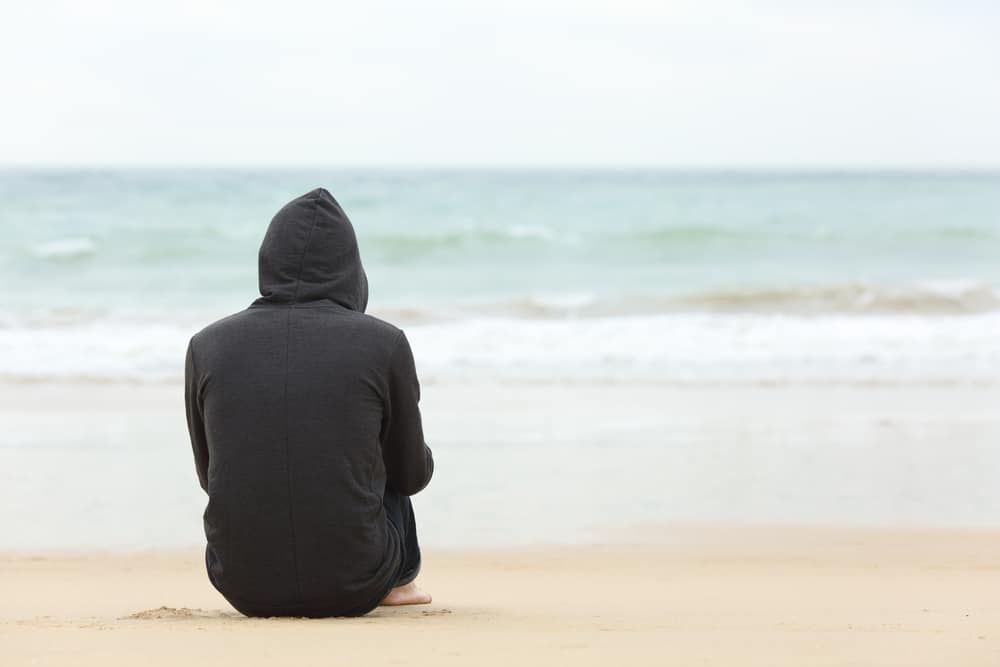The right to have their voice heard
Every child has the right to have their voice heard but how well do we uphold this right for children and young people in youth justice? Do you think this is the one of the last groups of children to properly have their voices heard? Have you ever asked them? We have and they tell us they feel like services are done to them not with them and that does not feel good.
A call for radical reform
Change is coming, there is a willingness to radically change our youth justice system. In England recently there was a call for radical reform from the Association of Directors of Children’s Services (ADCS), Local Government Association (LGA) and the Association of Youth Offending Team Managers (AYM). Their jointly published youth justice policy paper outlined the inequalities in our current youth justice system, including:
- More than 7 out of every 10 children sentenced have speech, language and communication needs
- More than 7 out of 10 have mental health issues
- 9 out of 10 receive services from Children’s Social Care
- 7 in 10 live with domestic abuse at home
- Half of all children in youth justice are from black or ethnic minority groups, despite making up only 18% of the general 10- to 17-year-old population.
Read more from the report here.
Everyone has to play their part
We believe everyone has to play their part in making the necessary changes towards a trauma informed and more effective youth justice system, to address these inequalities and support the rehabilitation of children in contact with the law. For our part we can help children and young people to have a stronger voice in their lives and support services to co-design with the young people who use their services.
We are doing our bit
We are developing a digital tool to be used across Hungary, France and Romania with Terre Des Hommes and other NGO partners to capture the experiences of children in contact with the law who receive legal aid or pro bono legal support. So far we have coproduced with children in Hungary and Romanian children in custody. They were all incredibly engaged and glad to be able to give their views on how this tool should look and function. You can read more about this exciting innovative work here.
Our apps are used across the UK and New Zealand to support children and young people who go missing from care and from home. At least 10% of these young people are abused in some way while they are missing; they are the young people at risk of being criminally and sexually exploited. Now they are able to express their views in a way that suits them about how safe they felt while they were missing, allowing organisations to understand the risks and support them.
14 year old Callum was able to tell his care workers who he was with and what they were doing by completing My Wellbeing and Return From Missing. This helped the staff to identify that he was at significant risk of criminal exploitation. As an autistic child Callum is not only more vulnerable to such a risk but also less able to communicate verbally to trusted adults who can help.
In many cases the voice of the child is key in enabling organisations to intervene in a responsive way. Early intervention is a significant way to improve outcomes for children and young people in contact with the law and the only way to intervene is to know what their lived experience looks like.
Coming soon
Exciting new developments early in 2022 include a feature specifically designed for young people using youth justice services. We are in the process of coproducing exactly what this will look like with a brilliant forward-thinking local authority in the North of England. Watch this space for some radical reform and how we help children in youth justice have their voices heard!




